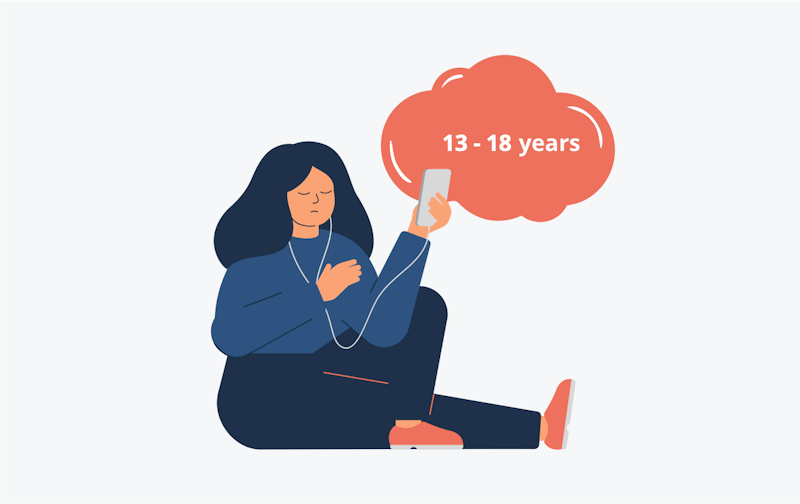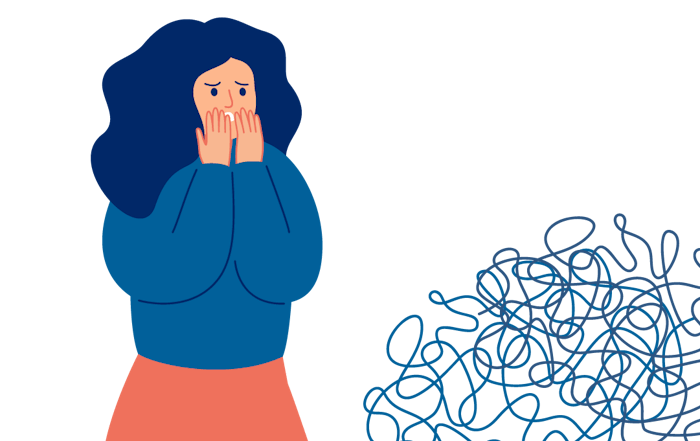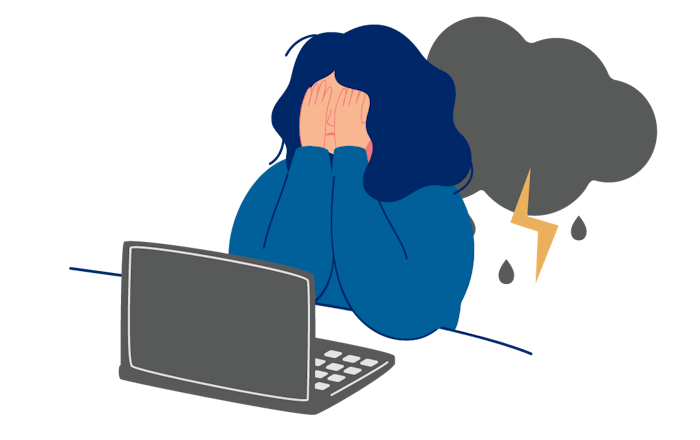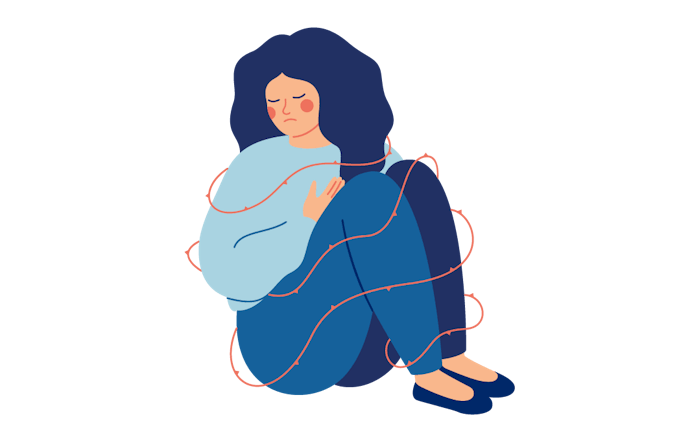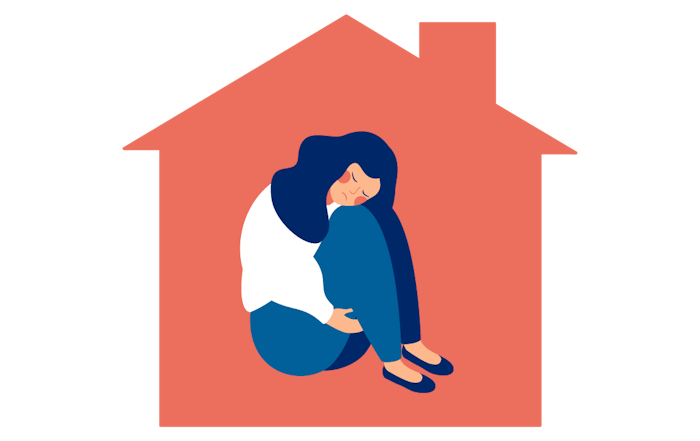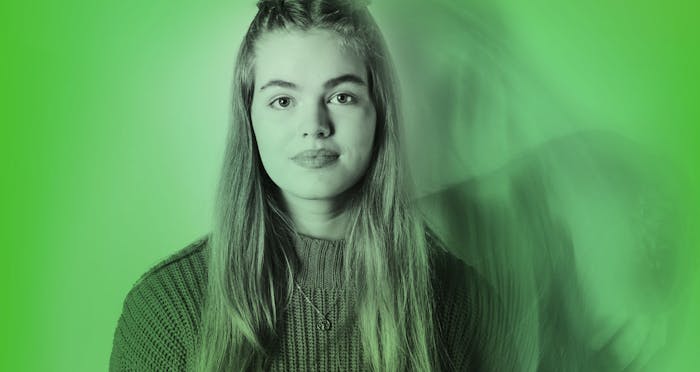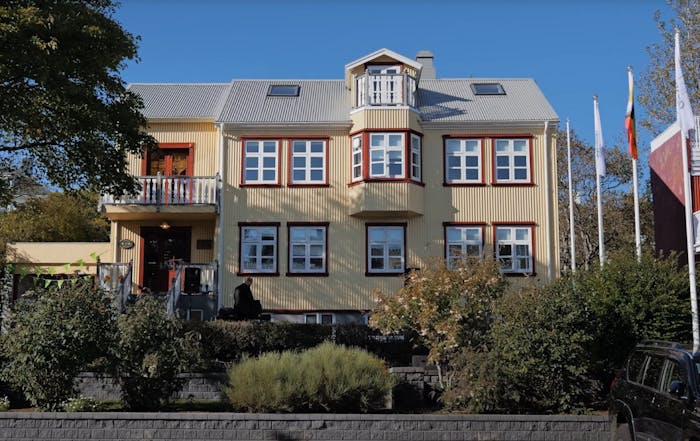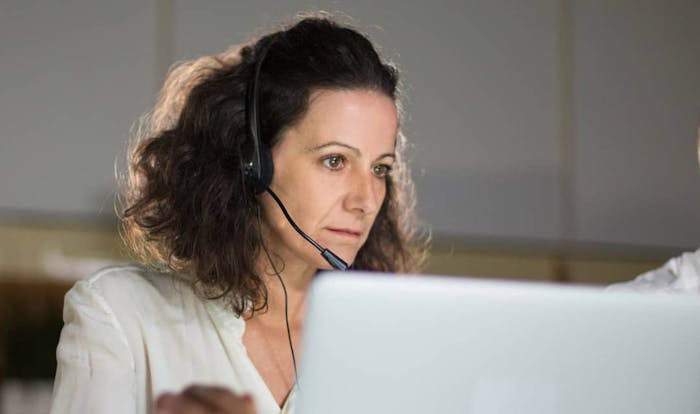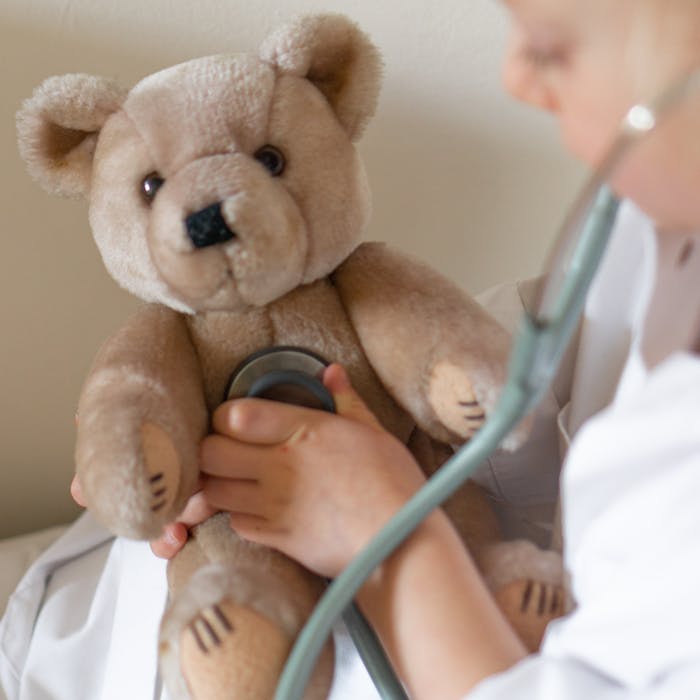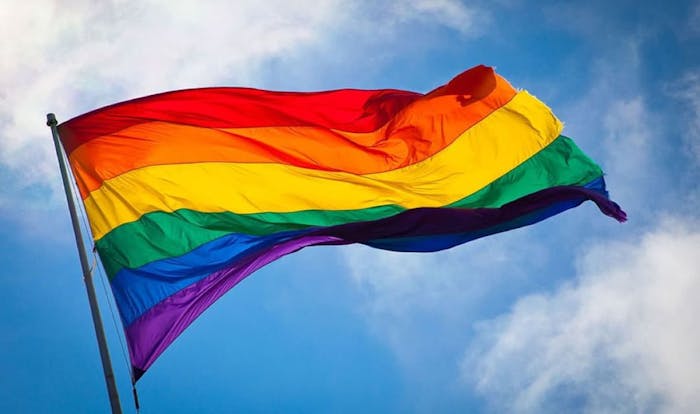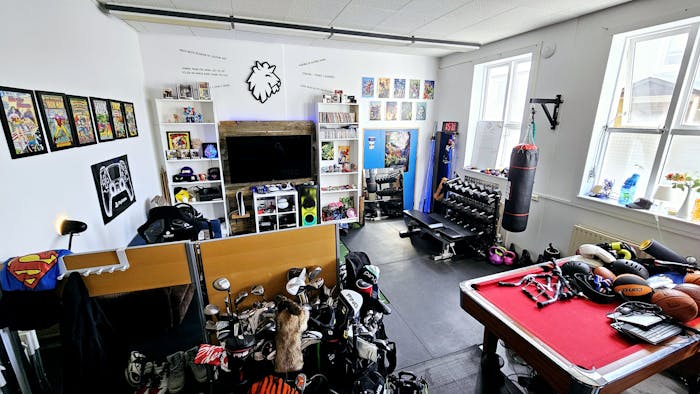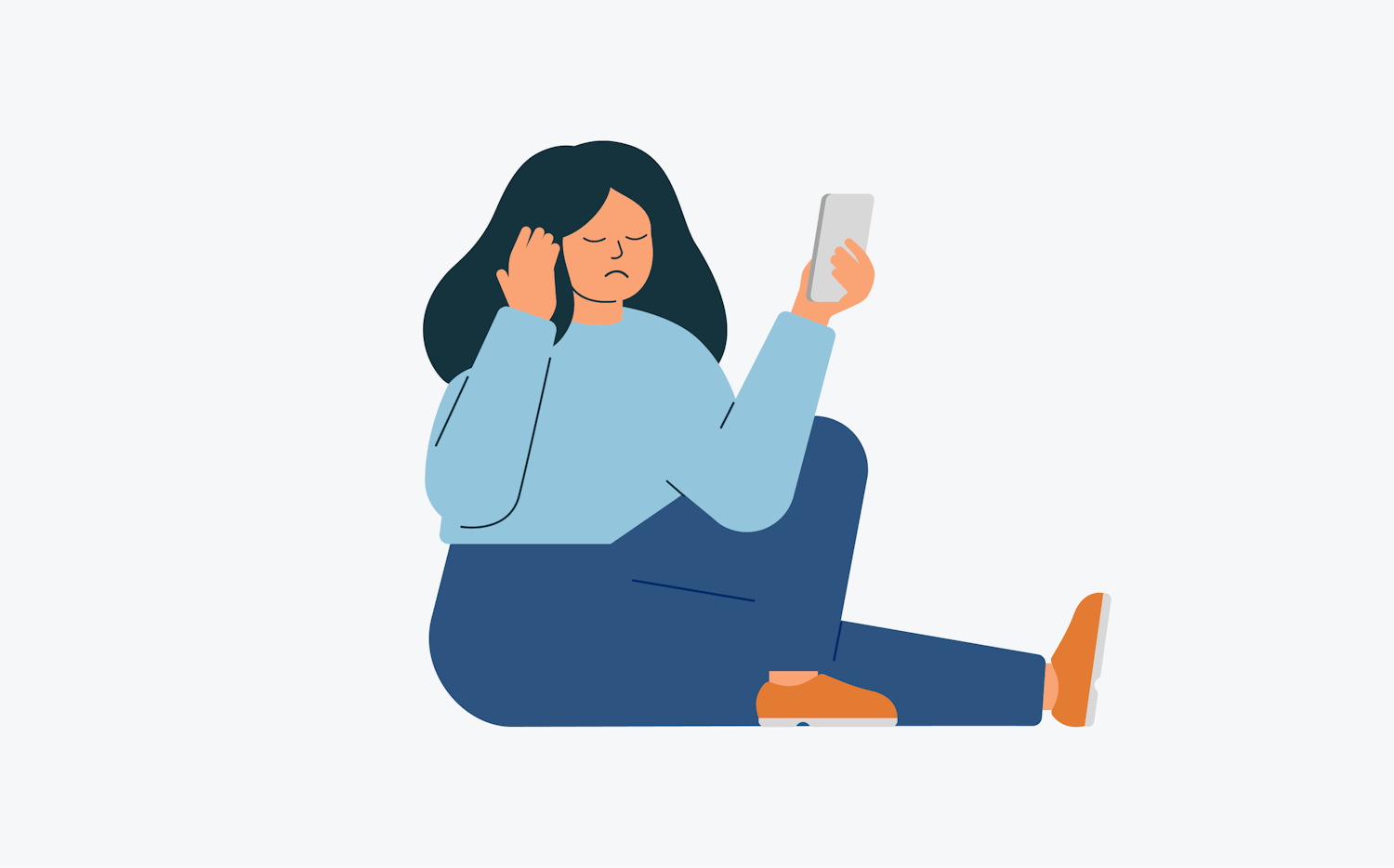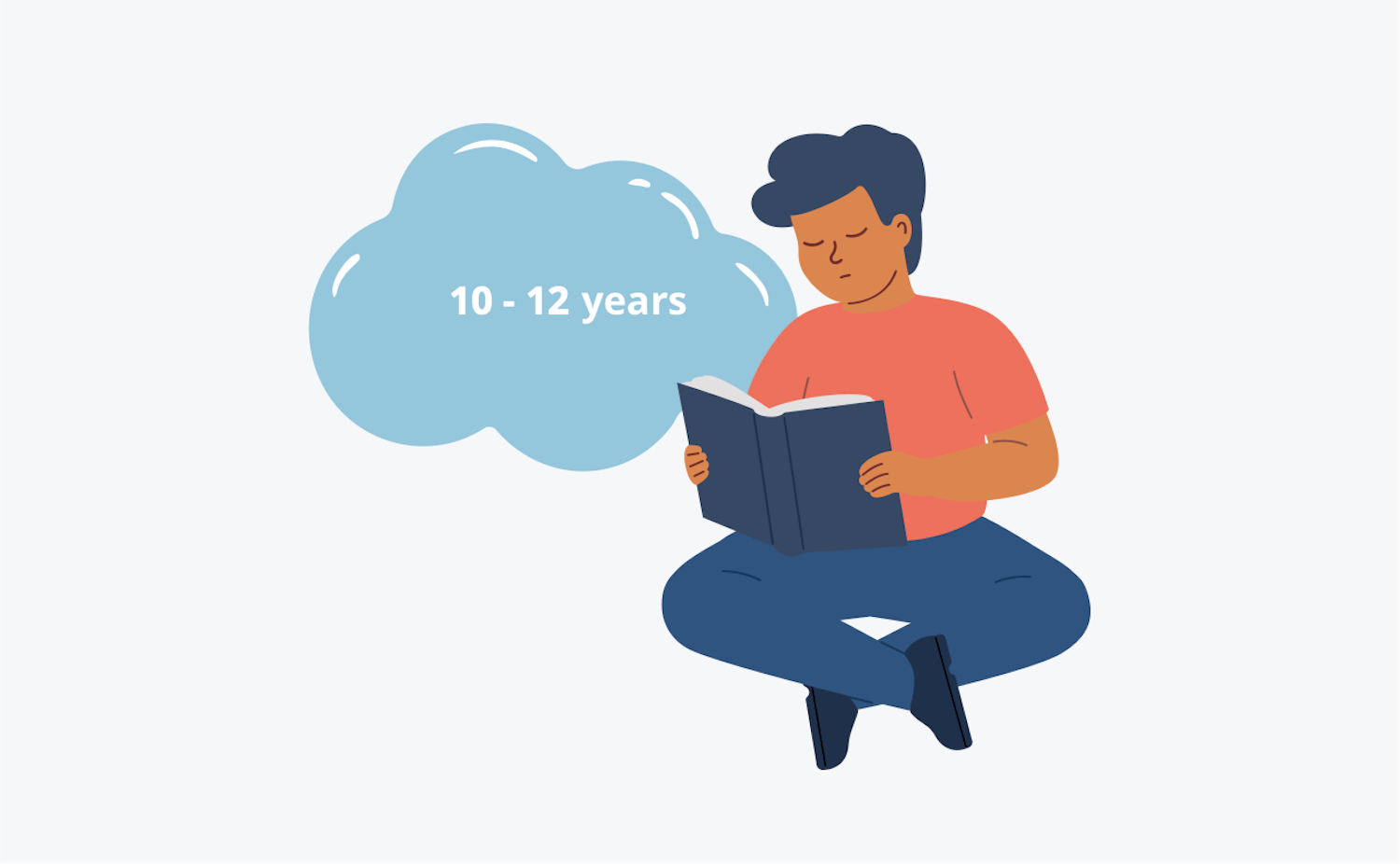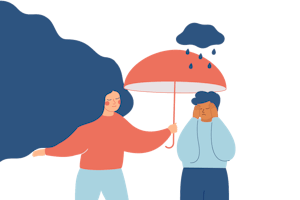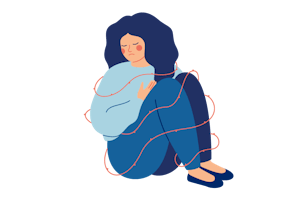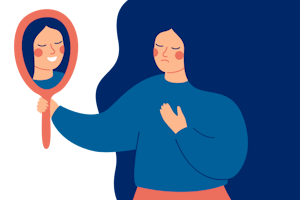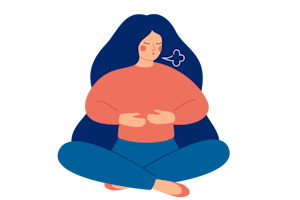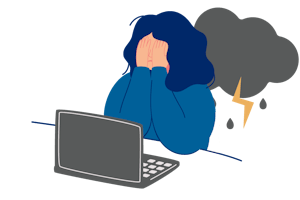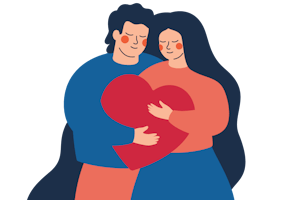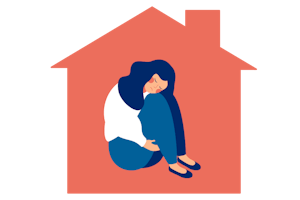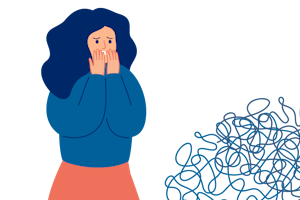Violence and abuse come in many forms
Abuse can be physical, sexual and emotional. It can also be digital and financial. Abuse can happen inside the home or out on the playground, adults can abuse youth and youth can abuse each other. Abuse comes in all forms.
It can be often be difficult to know what is healthy and unhealthy in relationships and when something is abuse. If someone does one or more of these things it is most likely abuse:
- Threatens you.
- Injures you by kicking, hitting, or pushing.
- Loses control of their temper.
- Puts you down.
- Accuses you of something that you did not do.
- Isolates you from your family or friends.
- Shows extreme jealousy.
- Looks at your phone or email without permission.
- Tells you what you should do or how you should behave.
- Pressures you or forces you to have sexual intercourse.
- Sends you an unsolicited nude photo or pressures you to send them a nude photo.
- Asks you to do something sexual (like oral sex) in exchange for a favor.
These are just a few examples. You’re welcome to read more on this website to better learn what abuse looks like and where you can get help.
